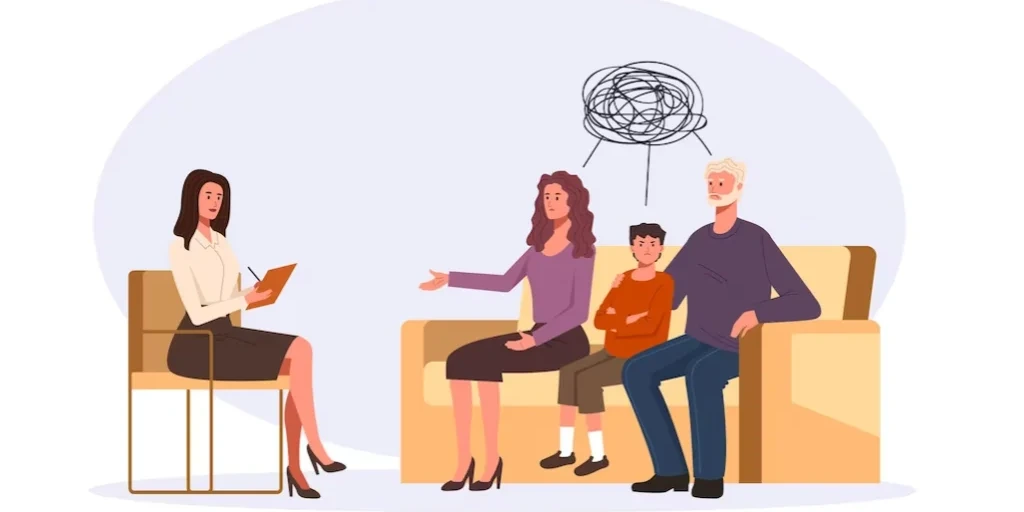24/7 Helpline:
(866) 899-221924/7 Helpline:
(866) 899-2219
Learn more about Drug Detox centers in Bossier County
Drug Detox in Other Counties

Other Insurance Options

Covered California

BHS | Behavioral Health Systems

Horizon Healthcare Service

WellPoint

Health Partners

Ceridian

Absolute Total Care

Oxford

United Health Care

Cigna

Premera

Holman Group

Choice Care Network

Providence

Private insurance

American Behavioral

PHCS Network

Health Choice
Beacon

Group Health Incorporated

CADA Bossier Treatment Center
CADA Bossier Treatment Center is a CARF-accredited substance abuse rehab for adolescents and adults....

AppleGate Recovery
AppleGate Recovery offers medication assisted programs for individuals with opiate addiction. AppleG...
























Red River Behavioral Center
Red River Behavioral Center is a private rehab located in Bossier City, Louisiana. Red River Behavio...

Council On Alcoholism
Council On Alcoholism is a private rehab located in Bossier City, Louisiana. Council On Alcoholism s...

Bossier Rehabilitation and Fitness
Bossier Rehabilitation and Fitness is a private rehab located in Bossier City, Louisiana. Bossier Re...

Red Oak Counseling
Red Oak Counseling is a private rehab located in Elm Grove, Wisconsin. Red Oak Counseling specialize...












































































































